New Taxi App Prevents Cab Crimes
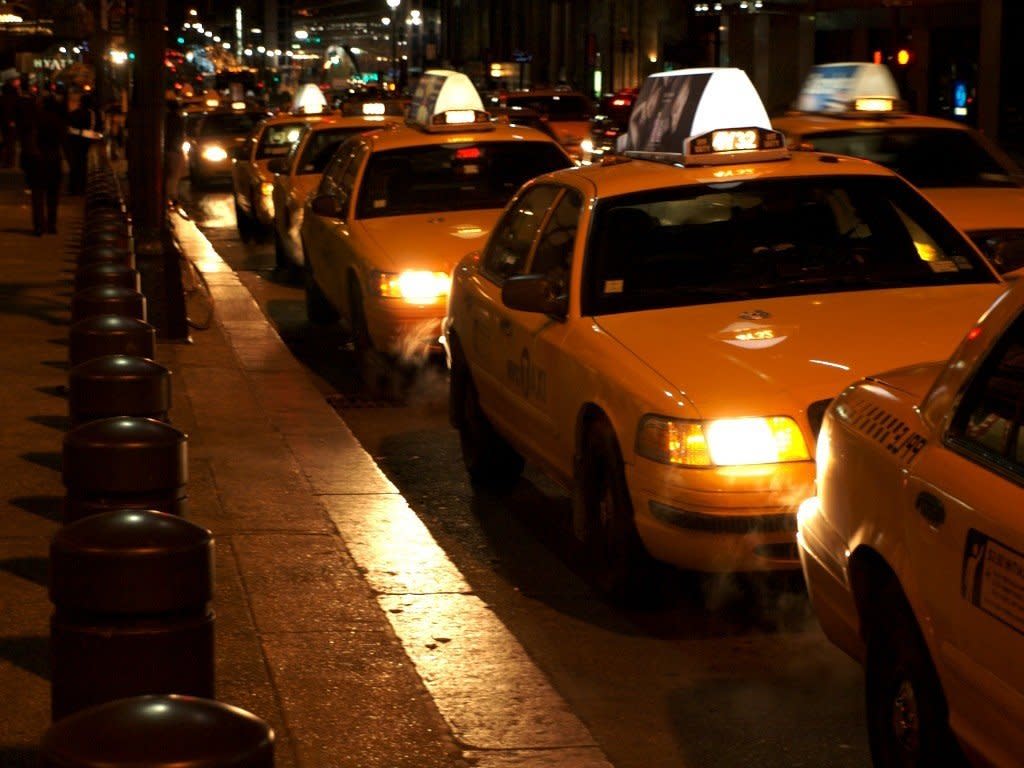
Crime fighting? There’s an app for that.
Hailing a taxi after a long night of drinking is the responsible thing to do, but is it always the safest? “Taxi Seguro” (Safe Taxi), a new phone application that seeks to prevent taxi crimes by Colombian-based software company Foonkie Monkey Solutions, is trying to give passengers some peace of mind.
Latin American countries, like Colombia and Mexico, remain wary of a rising trend in crime -- "paseos millonarios” (Millionaire Rides) or “secuestros exprés” (Express Kidnappings). These taxi rides take a turn for the worse as passengers are driven around the city, forced to max out their bank cards at ATMs. While many avoid hailing cabs, opting to call a taxi service instead, “Taxi Seguro” offers an alternative.
The application allows passengers to track their cab’s route using GPS, determine the approximate duration of the ride, enter the license plate and take a picture of the driver’s credentials. All of the information is made available on taxiseguroapp.com to be shared with others at the passengers’ discretion and can also be posted on Facebook and Twitter.
Love HuffPost? Become a founding member of HuffPost Plus today.
"We were looking for a partnership that would allow alerts via text message,” Carlos Rosales, chief creative officer of Foonkie Monkey, told Colombian newspaper El Tiempo.
A “panic” button is included to alert authorities and trusted friends that the app user is in danger. And if users can't reach their phone, the alert will automatically be sent out if the taxi notably goes off route or the ride take longer than estimated.
According to El Tiempo, since its launch, “Taxi Seguro” has received almost 16,000 downloads from Colombia, Mexico, Spain, Canada, Chile, Australia, Venezuela, France and the U.S.
The application is compatible with iPhones and Blackberrys and is available free of cost.
The application, however, isn’t the first in its class. Last year, a Mexican software company introduced "Taxiaviso," an application with similar capabilities that only functioned within Mexico.
Colombia has also seen other similar initiatives to fight this type of crime, most notably at denunciealtaxista.com and on Twitter. The service allows you to tweet @denuncietaxista (report a taxi driver) with the license plate and either a #taxiseguro (safe taxi) hashtag to ask if the taxi has been previously reported or #denuncio (report) hashtag to report the taxi driver.
Phantom Alert
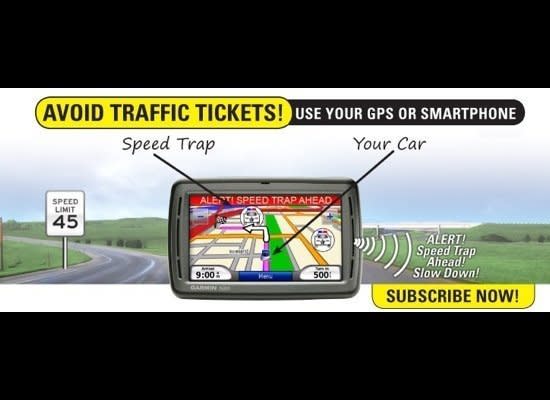
Exodus International
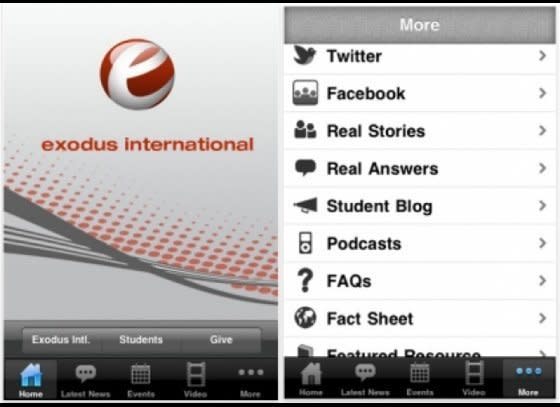
Playboy

Wikileaks
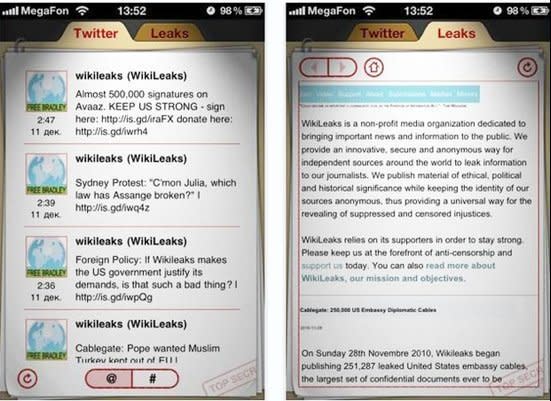
'The Importance Of Being Earnest'
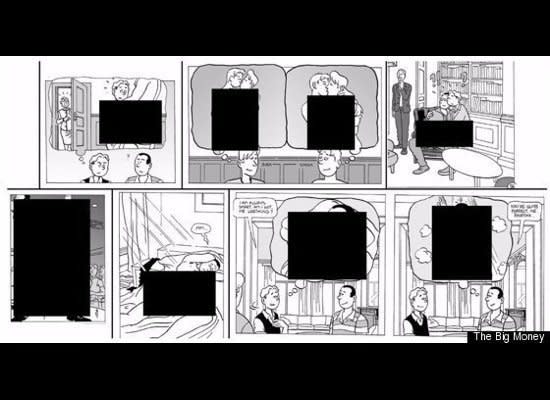
Big Brother Camera Security
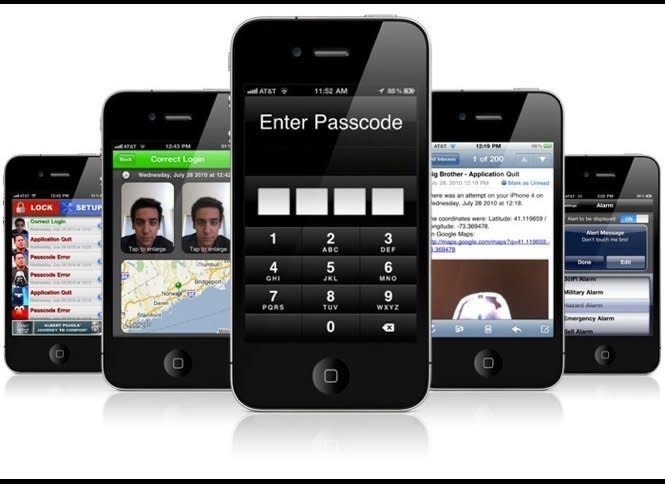
ThirdIntifada

Manhattan Declaration
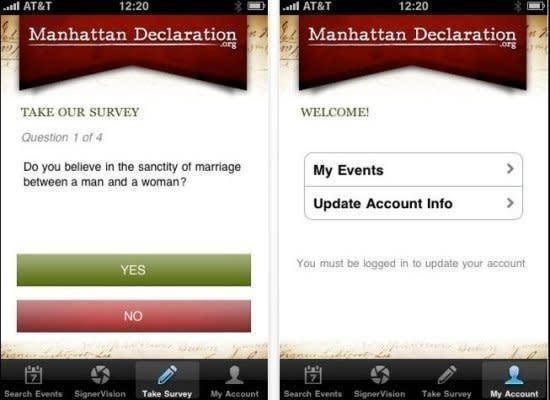
This article originally appeared on HuffPost.

